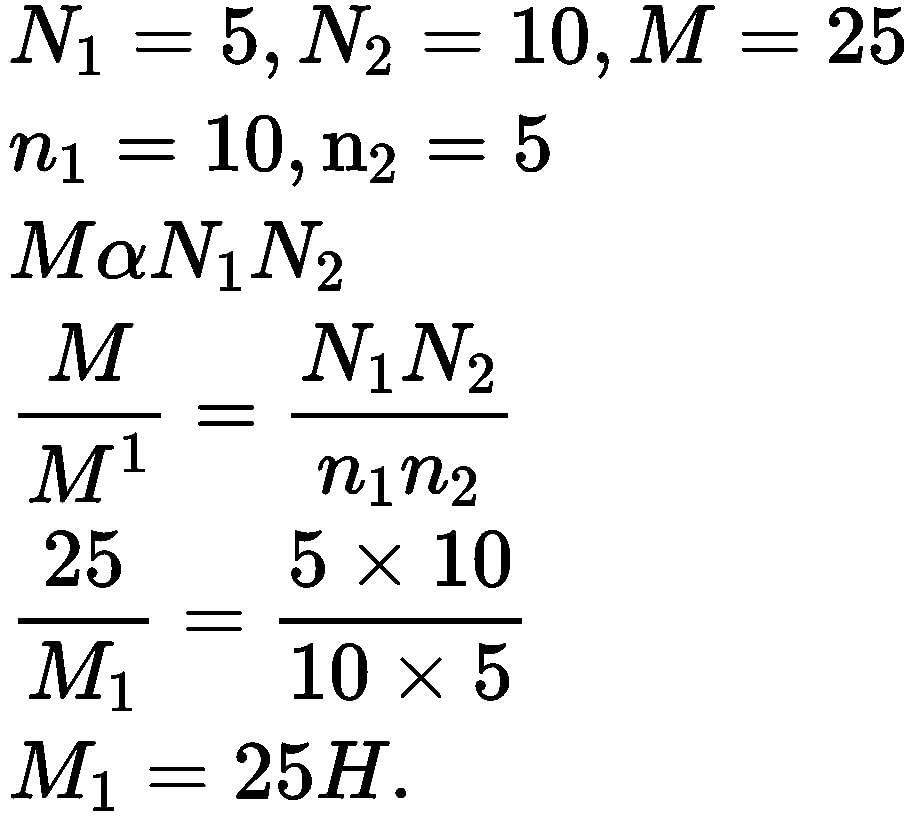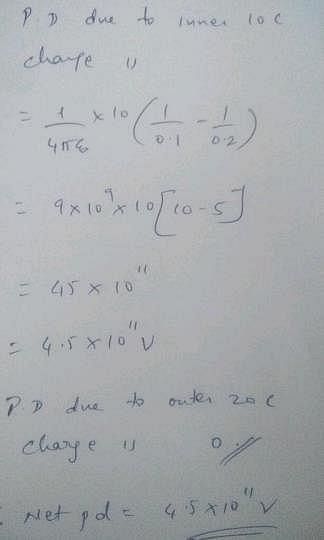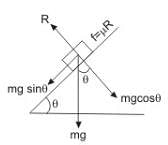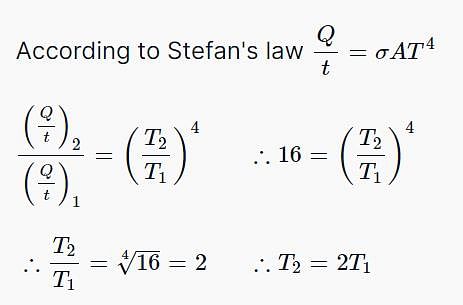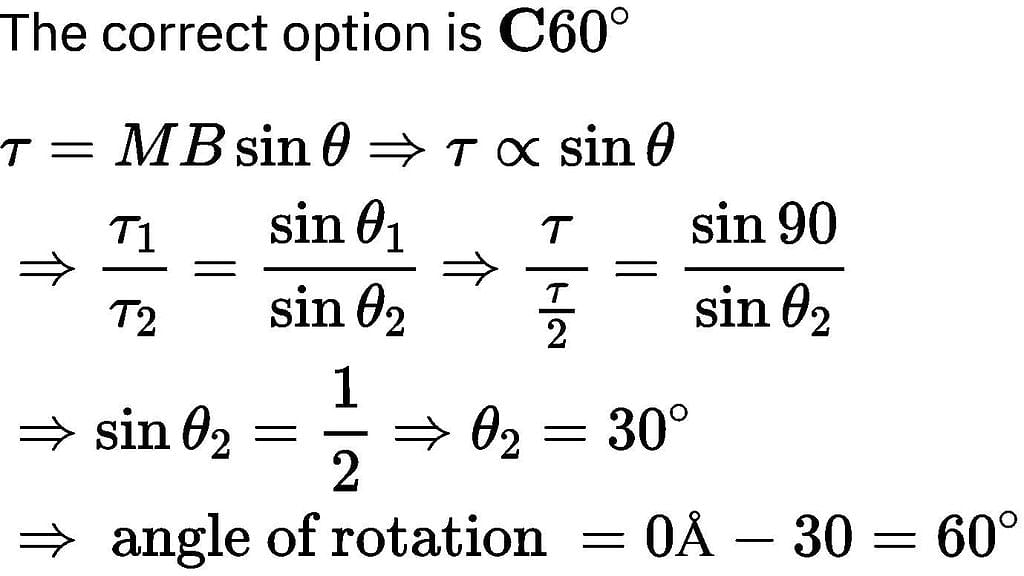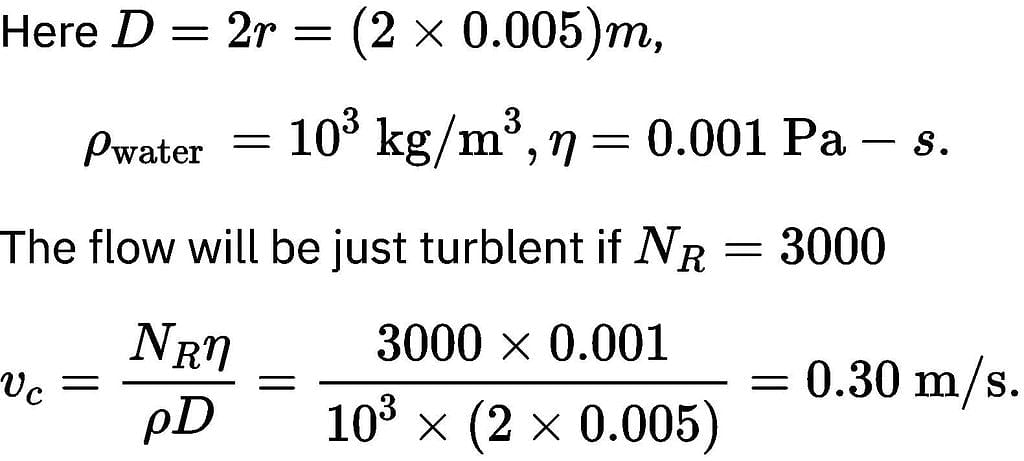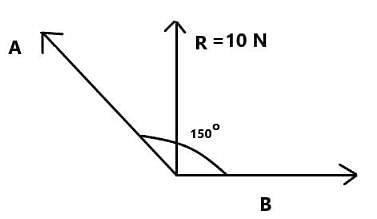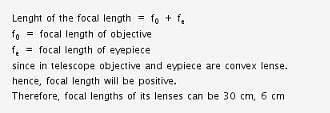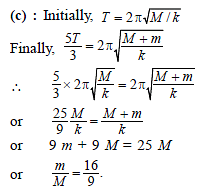BITSAT Practice Test - 1 - JEE MCQ
30 Questions MCQ Test BITSAT Mock Tests Series & Past Year Papers 2025 - BITSAT Practice Test - 1
An electric motor operates at 20 r.p.s. What will be the approximate power delivered by the motor, if it supplies a torque of 75 N-m?
| 1 Crore+ students have signed up on EduRev. Have you? Download the App |
The ionisation potential of H-atom is 13.6V. When it is excited from ground state by monochromatic radiations of 970.6 Å, the number of emission lines will be (according to Bohr's theory)
A piece of Aluminium and Germanium each are cooled from T1 k to T2 k. The resistance of
Three resistors are connected to form the sides of a triangle ABC, the resistance of the sides AB, BC and CA are 40 ohms, 60 ohms and 100 ohms respectively. The effective resistance between the points A and B in ohms will be
Threshold wavelength for photoelectric emission from a metal surface is 5200 Å. Photoelectrons will be emitted when this surface is illuminated with monochromatic radiation from
The number of turns of primary and secondary coils of a transformer are 5 and 10 respectively and mutual inductance of the transformer is 25 H. Now, number of turns in primary and secondary are made 10 and 5 respectuvely. Mutual inductance of transformer will be
The capacitor of a parallel plate capacitor with no dielectric substance and a separation of 0.4 cm is 2 μF. The separation is reduced to half and it is filled with a substance of dielectric value 2.8. The new capacity of the capacitor is
Two concentric uniformly charged spheres of radius 10cm and 20cm are arranged as shown in the figure. Potential difference between the spheres is:
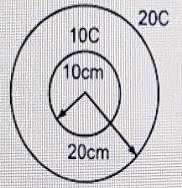
A block of mass 10 kg is placed on an inclined plane. When the angle of inclination is 30 o, the block just begins to side down the plane. The force of static friction is
The angular velocity of rotation of star at which the matter start to escape from its equator will be
A perfect black body emits radiation at temperature 300 K. If it radiates 16 times this amount, then its temperature will be
One litre of Helium gas at a pressure 76 cm of Hg and temperture 27o is heated till its pressure and volume are doubled. The final temperature attained by the gas is
If current in a moving coil galvanometer is increased by 1%, then percentage increase in its deflection will be
A bar magnet is held perpendicular to a uniform magnetic field. If the couple acting on the magnet is to be halved by rotating it, then the angle by which it is to be rotated is
What should be the minimum average velocity of water in a small tube of radius 5 mm, so that the flow is just turbulent? (Given: Viscosity of water=0.01 poise and density of water = 1000 kg-m⁻3)
The neck and bottom of a bottle are 3 cm and 15 cm in radius respectively. If the cork is pressed with a force 12 N in the neck of the bottle, then force exerted on the bottom of the bottle is
Two similar wires under the same load yield elongations of 0.1 mm and 0.05 mm respectively. If the area of cross-section of the first wire is 4 mm2, then the area of cross-section of the second wire is
A stone is released from the top of a tower. If its velocity at half of the height is 10 m−s−1, then height of the tower is (Take g = 10 m−s−2)
For a particle in a uniformly accelerated circular motion
The resultant of two forces acting at an angle of 150o is 10 N and is perpendicular to one of the forces. The other force is
A body weighs 8 gm when placed in one pan and 18 gm when placed on the other pan of a false balance. If the beam is horizontal when both the pans are empty, the true weight of the body is
The length of a telescope is 36 cm. The focal lengths of its lenses can be
A mass M is suspended from the spring of negligible mass. The spring is pulled a little and then released, so that the mass executes simple harmonic motion of time period T. If the mass is increased by m, the time period becomes 5T/3. The ratio m/M is
A body esecutes S.H.M. with amplitude A₀. At what displacement from the mean position, potential energy is one-fourth of its total energy?
A compound microscope has two lenses. The magnifying power of one is 5 and the combined magnifying power is 100. The magnifying power of the other lens is
A cylindrical solid of mass M has radius R and length L. Its moment of inertia about a generator is
Which of the following statements are correct when a gymnast sitting on a rotating stool with his arms outstretched, suddenly lowers his hands?
1. The angular velocity decreases.
2. The angular velocity increases.
3. The moment of inertia decreases.
4. The moment of inertia increases.
Select the answers using the codes given below.
Two identical particles move towards eachother with velocity 2ν and ν respectively. The velocity of centre of mass is
|
2 videos|17 docs|85 tests
|
|
2 videos|17 docs|85 tests
|



